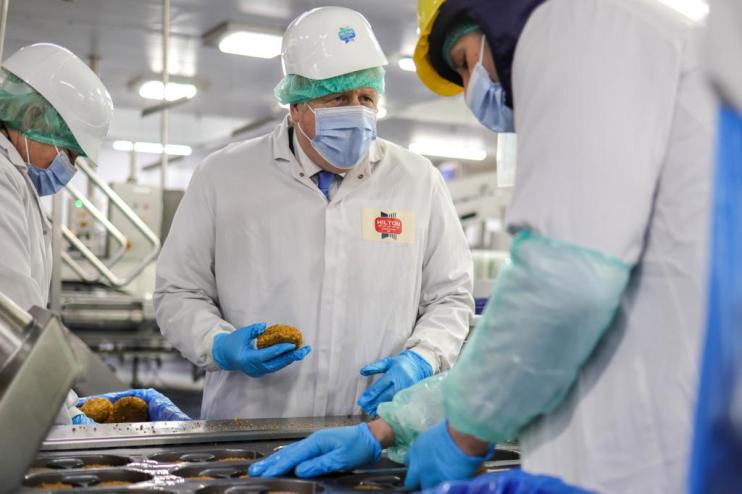Hilton Foods welcomes ex Co-op chief to replace boss of 30 years as profits nosedive

Meat packer Hilton Foods has blamed “significant” challenges in its seafood wing for nosediving profits, as it welcomes a former Co-op boss to head up the business.
The FTSE 250 firm’s share price was down 1.25 per cent this morning, as it witnessed a steep decline in profits down to £29.6m from £47.4m the previous year.
The beleaguer firm said it suffered as global supply chain issues and soaring inflation battered earnings, despite it having reaped benefits from a new partnerships in its meat division.
Its losses were also softened through a newly acquired firm which helped prop group revenue by 16.5 per cent to £3.8bn compared to £3.3bn in 2021.
Despite the positives, its adjusted operating profit was down 3.3 per cent to £71.1m as the firm felt the impact of inflation and a slow recovery in price inflation – with its seafood arm hit particularly hard, as its chief executive looks ahead to the next 12 months with more positivity.
“After the challenges we faced last year in our seafood business, we took a series of steps to rebuild profitability and we are now well placed for the year ahead,” Philip Heffer, chief executive of Hilton Food, said.
“Despite the significant macro-economic challenges, we have continued our record of growing our volumes every year since Hilton Foods became a publicly listed company in 2007,” he added.
It comes as Heffer, the longstanding chief of Hilton Foods, is set to step down from the company after a 30 year tenure.
He will be replaced by former chief executive of Co-op food and seasoned business veteran Steve Murrells.
Murrells, said: “Back in the 1990s and early 2000s, I was the meat category director at Tesco when Hilton was pioneering centrally packed meat, and the way that Philip and the team have grown the business since then has been incredible, with fifteen years of sensational growth.”
Russell Pointon, director of consumer at Edison Group said: “Hilton had suggested that financial expectations set out at the start of that year were unlikely to come to fruition.”
“Nonetheless, the group did benefit from diversified offerings and technological improvements, streamlining the production process and partially offsetting the year’s economic challenges.”